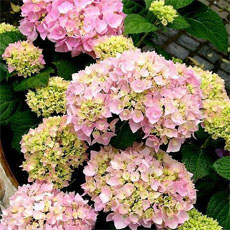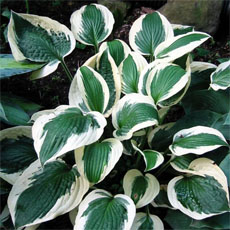Squash Bug
Anasaarmigera
This bug has been reportedly found in the following regions:
Madison, Alabama
El Mirage, Arizona
Glendale, Arizona
Queen Creek, Arizona
Sonoita, Arizona
Higden, Arkansas
Apple Valley, California
San Pablo, California
Deltona, Florida
Dunnellon, Florida
Osprey, Florida
Kingsland, Georgia
Effingham, Illinois
Kankakee, Illinois
Greenfield, Indiana
Rising Sun, Indiana
Elizabethtown, Kentucky
Coushatta, Louisiana
Compton, Maryland
Concord, Massachusetts
Willis, Michigan
Shakopee, Minnesota
Tupelo, Mississippi
Chesterfield, Missouri
Doe Run, Missouri
Las Vegas, Nevada
Raymond, New Hampshire
Albuquerque, New Mexico
Bloomfield, New Mexico
Jordan, New York
Queensbury, New York
Salt Point, New York
Gastonia, North Carolina
Hillsborough, North Carolina
Huntersville, North Carolina
Winston Salem, North Carolina
Athens, Ohio
Mount Orab, Ohio
Fletcher, Oklahoma
Hummelstown, Pennsylvania
Effingham, South Carolina
Austin, Texas
Dallas, Texas
Garland, Texas
Georgetown, Texas
Irving, Texas
Katy, Texas
Mesquite, Texas
Quinlan, Texas
Round Rock, Texas
Ogden, Utah
Winchester, Virginia
Oconomowoc, Wisconsin
show all




















































